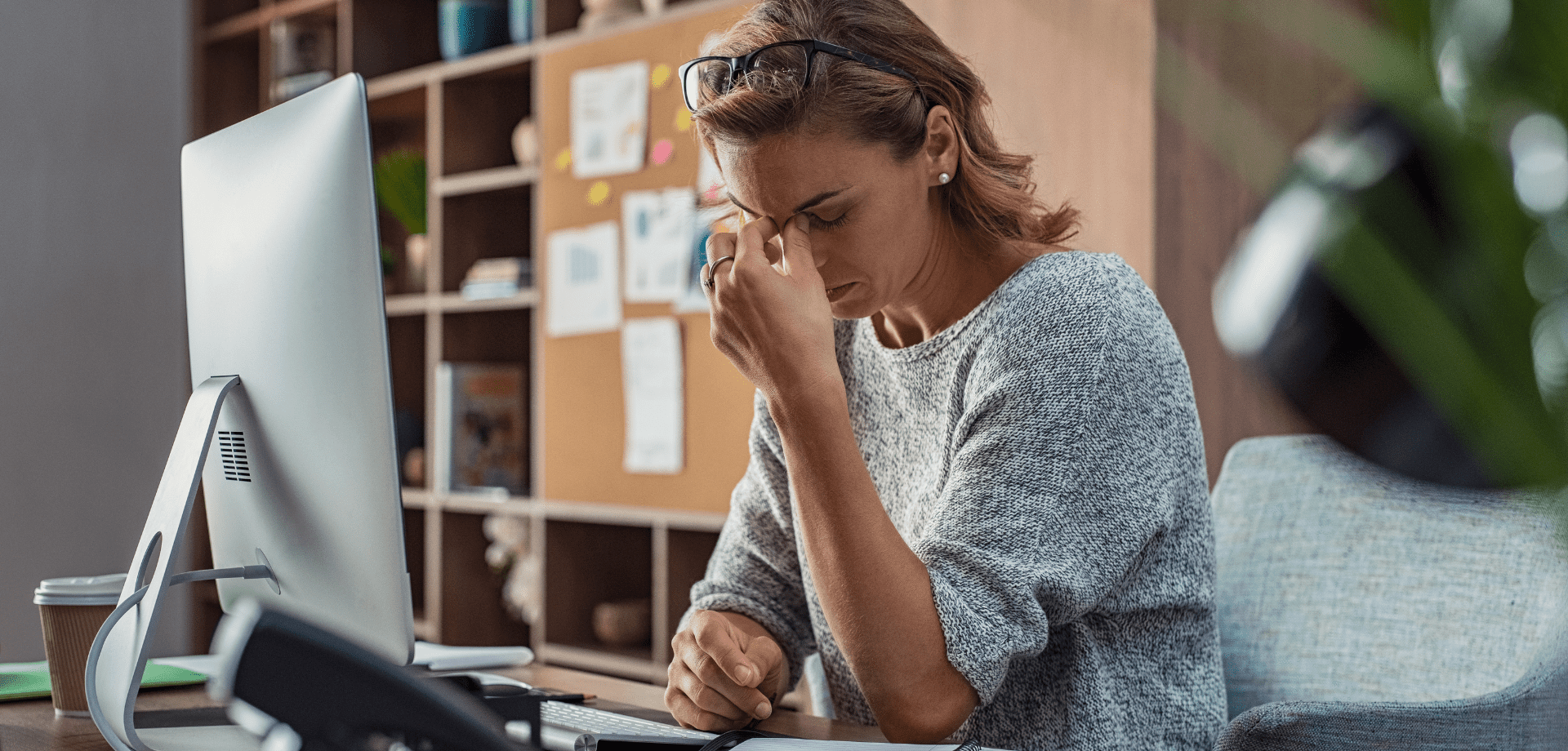Tag: Posture Correction
Much like getting fit, improving posture is a long term game. Trying to stand or sit up straight when you remember isn’t really going to cut it. First of all, you obviously forget, but secondly, using those big mobility muscles to pull you upright causes them to tire quickly and build up lactic acid, at which point you slump for quick comfort.Many things can be causing bad posture and pain, so it’s worth getting it assessed first. Even if there’s no major problems but it’s been happening for a while, some mobilisation, adjustment and tailored exercises may well be needed.To help posture long term we need to do two things:
Change the habits encouraging bad posture, and get the right muscles to do the job.
Try to identify when posture is bad. If it’s sitting at a desk/computer, get the desk assessed and altered. If it is slouching on the sofa, sit upright, bottom to the back of the seat, maybe a cushion in the small of the back, feet on the floor. Be aware of looking at phones for too long. Read my full blog here on how to set up your workstation properly. Using and strengthening correct muscles to hold your posture is equally important. The postural muscles are designed to hold you in a better position with less effort for much longer without tiring. If you are nicely upright and relaxed your head is largely balanced on top of your spine. Just a little angle forward (to look at your phone for instance) or slumping, and suddenly it takes a huge muscle effort to hold it up. To get these postural muscles working and strengthened can be a little tricky at first as you try to co-ordinate them. I often suggest something like Pilates or the Alexander Technique, but even just doing more core stability exercises in the gym or at home will help.
Osteopathy can treat a vast array of joints and musculoskeletal issues of the body caused by poor posture, including:
- Non-traumatic back pain including lumbago and sciatica pain management
- Stress-related musculoskeletal problems
- Neck pain & headaches including migraine prevention
- Pregnancy-related musculoskeletal problem
- Postural-related problems including shoulder, hip, knee and/ or ankle pain
- Workstation-related problems
- Restricted Mobility
If you’d like to understand the underlying causes of your pain and discomfort and a personalised treatment plan for recovery, book an osteopathy appointment.
___________________________________
OSTEOPATHY AT FLEET STREET CLINIC
Andrew Doody is an osteopath at Fleet Street Clinic and is fully registered with the General Osteopathic Council (GOSC).
Book an appointment with him if you have any musculoskeletal injuries by calling +44 20 7353 5678, email info@fleetstreetclinic.com or book an appointment online.




